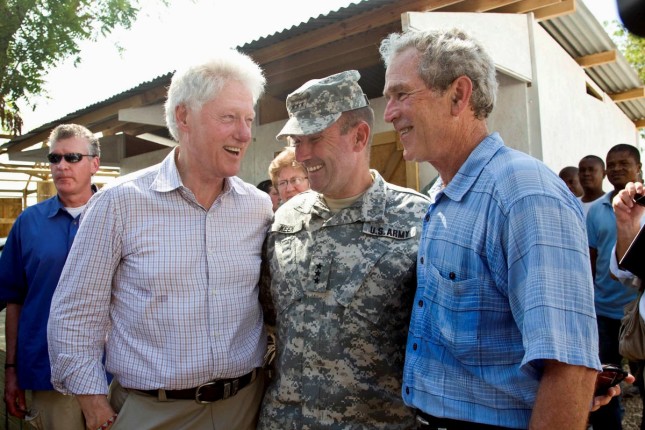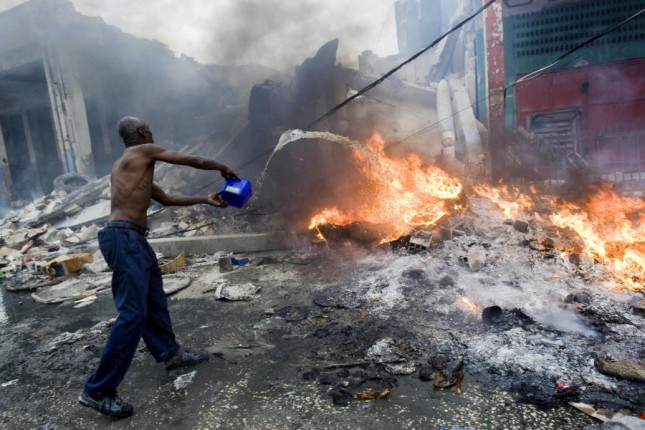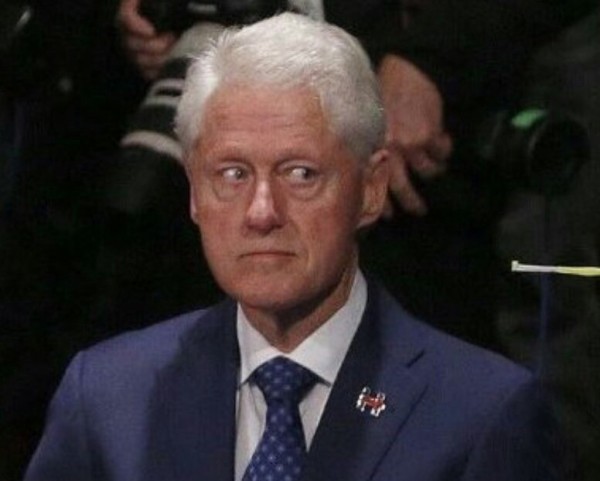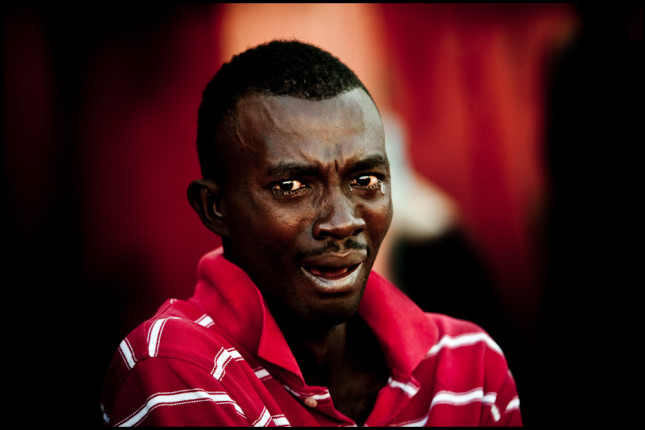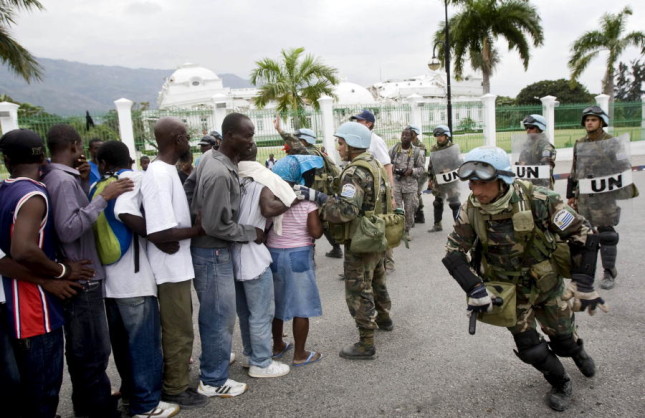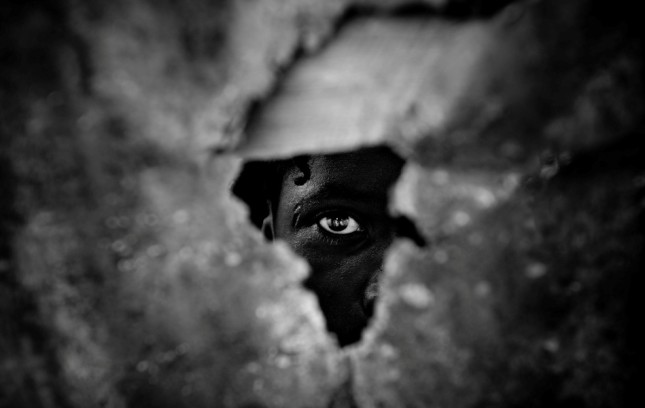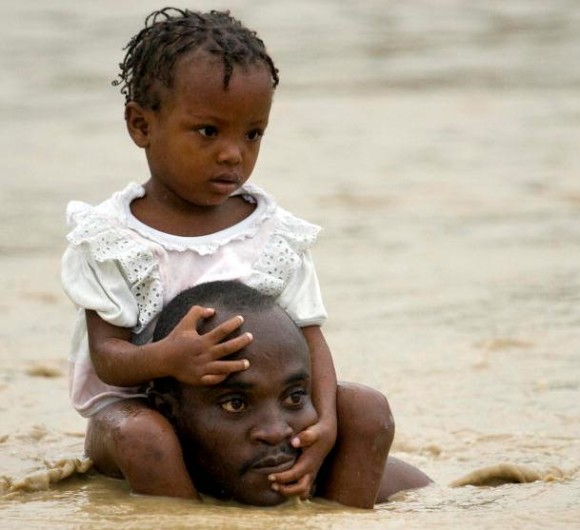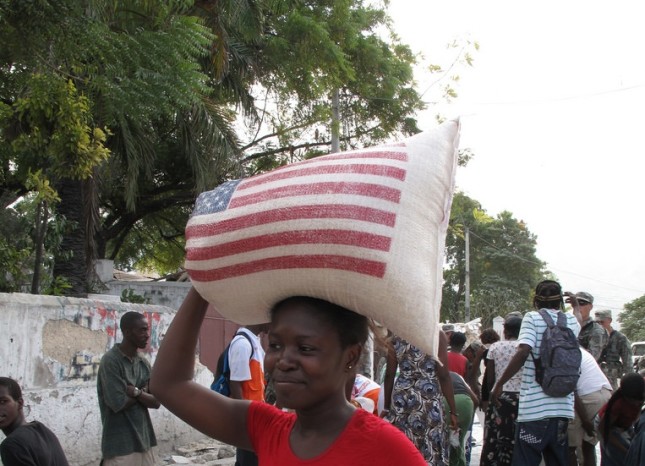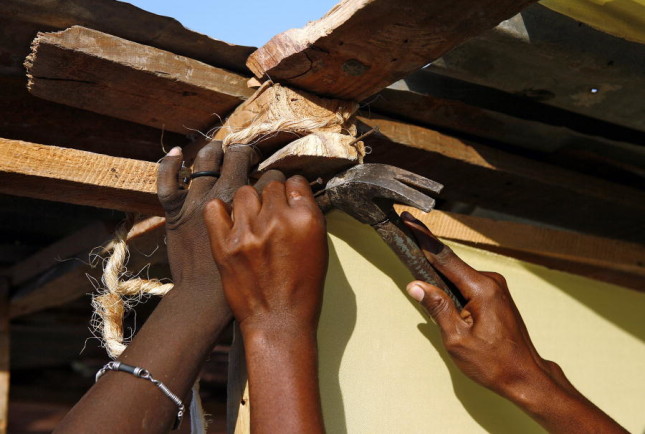Six Ways Trump Could Help Haiti Recover from Clinton Disaster. Prosecute the Clintons? Will He do It??
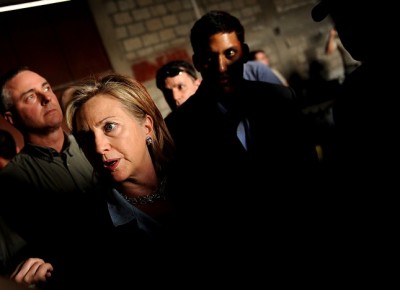
Donald Trump won the United States presidency against Hillary Clinton because he was the only candidate who seriously competed against her. One of President-Elect Trump’s major prizes in the election was the swing state of Florida, which flickered between red and blue throughout much of the night of November 8-9, 2016, eventually to remain a steady red after Trump won it by 120,000 votes.
Many of South Florida’s 150,000 Haitian-American voters came out for Trump, though they had traditionally voted for Democrats, because they knew intimately about the wreck the Clintons had made of Haiti. Plenty of other Americans had also become disgusted by the Clintons’ treatment of Haiti. Many of them lived in Florida, and Wikileaks and other independent journalists had confirmed their worst suspicions.
For Haitian-Americans, the US presidential race was a fight not only to wrest our native land from the Clintons, but also our adopted homeland. The US would have been Hillary Clinton’s next target after she and her cronies had refined in Haiti their methods to rig elections, co-opt journalists, and destroy economies. The evidence of wrongdoing was there for all to see, but throughout the yearlong campaign by the Greens, Libertarians, Republicans, and Democrats, Mr. Trump was the only candidate who singled out Clinton’s indefensible pay-to-play conduct in Haiti for attack. Thus he shot the fatal arrow through her Achilles’ heel and won the White House.
Haiti will need the US’ assistance to recover from more than 20 years of disasters wrought by the Clintons. A new Trump administration may expect to get the return vote of Haitian-Americans and Haitianophiles in 2020 if it helps Haiti in the following six ways.
1. Bring former Secretary of State Hillary Clinton and former President Bill Clinton to justice. More than $9 billion of aid funds for Haiti from international donors, collected through the Interim Haiti Recovery Commission (IHRC) for reconstruction from the January 2010 earthquake, have gone missing. We hope that, as promised, a special prosecutor will be appointed to look into the allegations of financial improprieties by the Clinton family. We further hope that this special prosecutor’s office will investigate their alleged crimes in Haiti as well as the US, and charge them with conspiracy and racketeering, as appropriate. If they are found guilty, the funds should be recovered and their properties attached as a means to remunerate the Haitian government.
2. Assist Haiti diplomatically in its efforts to recover damages from the United Nations for the cholera epidemic. The UN has contaminated Haiti twice with cholera, the first time in 2010 with a cholera strain from Nepal, and the second time after 2012 with cholera from Bangladesh. Currently the UN is only pretending to fight the cholera epidemics that it introduced into Haiti. It is doing so by inoculating hundreds of thousands Haitians with an oral cholera vaccine that is completely ineffective and potentially harmful. Even with an efficacious vaccine, such a campaign would be morally vacuous because its purpose is to allow people to drink water that is contaminated with sewage. The UN must pay damages to individual Haitians for infecting about 700,000 people with cholera and killing about 10,000 others because of its negligence. Furthermore, as reparation, the UN must provide the means to rebuild the country’s waste-treatment and potable-water infrastructures.
3. End without delay the UN military occupation of Haiti. In February 2004, the US government deposed Haiti’s President. Three months later, Bill Clinton, together with Lula da Silva’s now-disgraced administration in Brazil, organized to install an illegal military occupation of Haiti by the so-called UN peacekeepers (MINUSTAH). These troops have been involved in rapes, murders, massacres, and the introduction of epidemics of disease. The great majority of Haitians object to their presence.
4. Fire and replace all State Department and USAID personnel for Haiti from the Clinton or Obama administrations. Such individuals have been part of a corruption machine. They have participated, not only in cases of financial fraud that caused more than $13 billion of international aid to disappear but also in the election fraud that allowed them to install a corrupt dictator, Michel Martelly, as president so they could pillage the country.
5. Adopt a policy of non-interference in Haitian elections. On November 20, 2016 Haiti will repeat its first-round presidential elections and some legislative elections. This follows the invalidation of elections in October 2015 after a discovery of massive fraud that probably involved the election workers and international monitors. We ask that the US bring some pressure to bear on France, Canada, Brazil, Spain, and Chile to refrain from attempting to influence the new elections.
6. Stop US agricultural subsidies for rice farmers. As recently as in the 1980s, Haiti was a thriving agricultural country, but in 2014-15 alone, Haiti’s import of agricultural products increased by 30 percent, and its trade deficit for agricultural goods exceeded $900 million. This process began in 1994 with a systematic Clinton dumping of subsidized Arkansas rice in Haiti. The ever-creative US mainstream press, however, has blamed the end result, not on Bill and Hillary Clinton but on Hurricane Matthew. To rebuild its economy, Haiti will need to eliminate unfair competition from subsidized US agricultural goods.
Haiti has endured, in addition to natural disasters, a vicious warfare by the Clintons for many years, even as they have claimed to be the country’s staunchest partners and greatest friends.
More than charity, Haiti needs truth, fairness and justice. If the US will grant those things, Haitians and Haitian-Americans will do the rest.
Dady Chery is the author of We Have Dared to Be Free. Photograph one US Air Force archive; photograph five and seven by Zoriah; photographs eight and ten from the UN Photo archive; and photograph nine from USAID archive.


